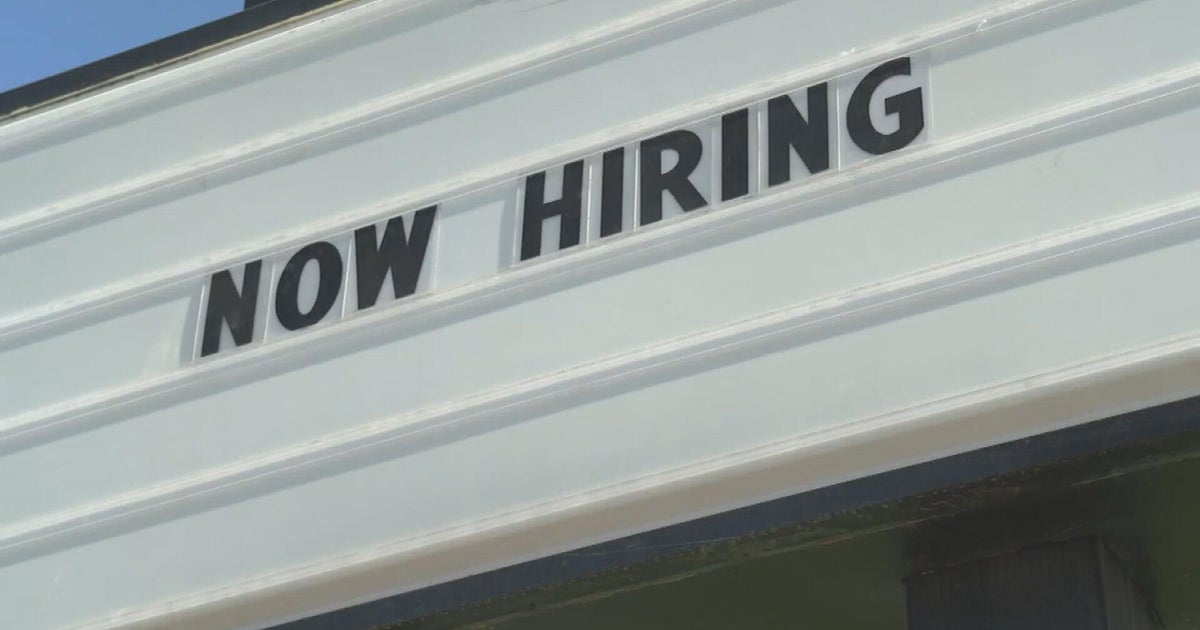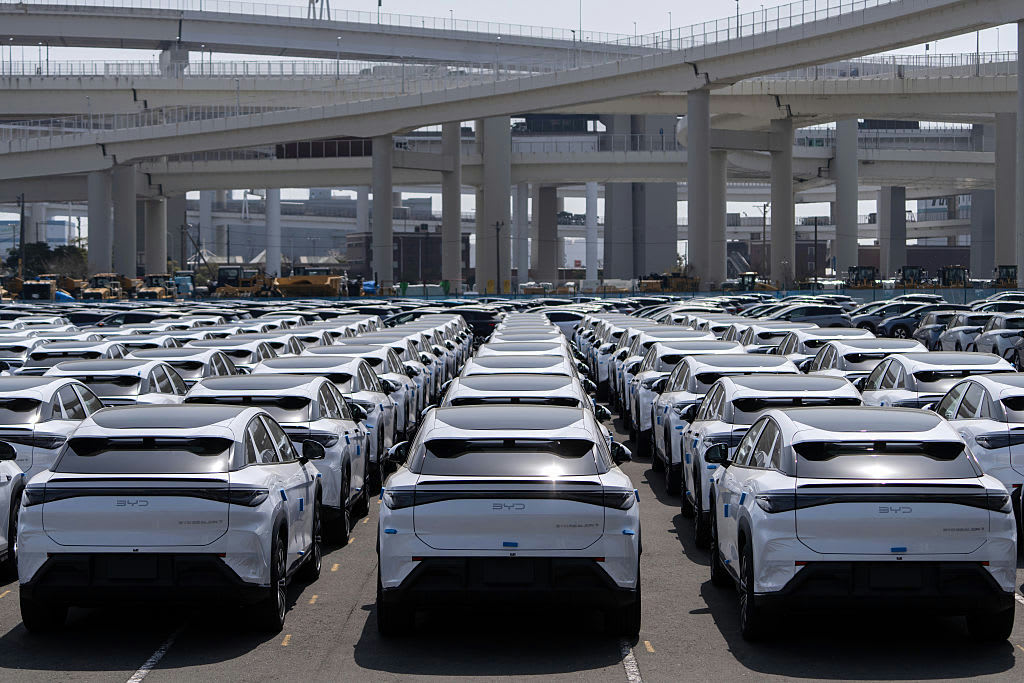Struggling electric vehicle maker Rivian lays off more than 800 workers
Rivian laid off more than 800 workers this week in a move aimed at helping speed the struggling electric truck maker toward profitability.
Company founder and CEO R.J. Scaringe sent an email earlier this month to staff announcing the layoffs, and workers were officially let go on Thursday, the company told CBS MoneyWatch in a statement. The layoffs add to a range of problems Rivian has experienced since going public in late 2021.
Rivian, viewed as a direct competitor to Tesla, said the corporate streamlining will help it ramp up vehicle production and accelerate development of newer models like its R2 platform. Scaringe said in the email that soaring inflation is hurting the company's bottom line and that the layoffs are necessary for Rivian to achieve its goals of "sustainable growth as we ramp towards profitability."
"Over the last six months, the world has dramatically changed with inflation reaching record highs, interest rates rapidly rising and commodity prices continuing to climb — all of which have contributed to the global capital markets tightening," the email read.
Inflation in the U.S., while not at record highs as Scaringa wrote, has surged to an annual rate of more than 9% — the fastest pace in four decades.
Rivian had about 14,000 employees before this week's layoffs. Those affected will receive 14 weeks of paid severance, and their health care costs will be paid until the end of the year. Rivian plans to announce second-quarter earnings on August 12.
Rivian reported a net loss of $1.6 billion during its first quarter of 2022, comparing to losing $414 million during the same period last year. The company posted $95 million in revenue during the first quarter, compared to reporting no revenue a year prior.
Founded in 2009, Rivian saw its stock skyrocket after the company went public last November, making it one of the most valuable automakers in the world. Rivian's vehicles also have received positive reviews from the automotive community, with its all-electric R1T named Truck of the Year by MotorTrend in 2022.
Scaringe told employees in the email that the company is well-positioned financially. The company still has billions in cash, thanks largely to Amazon, one of its biggest shareholders. Amazon executive chairman Jeff Bezos also gave Rivian a huge boost in 2019 when he placed an order for 100,000 electric delivery trucks.
But 2022 has been a much rougher road for for the ambitious EV maker. Despite hefty investments from Amazon and Ford, Rivian's stock has plummeted 67% this year. In March, Rivian announced price hikes on its vehicles, then backtracked only two days later following a backlash from angry customers.
Ford reported $3.1 billion in losses during its first quarter of 2022 and blamed most of that loss on its multimillion dollar investment in Rivian.
Rivian has also been plagued by chronic production delays due in part to supply shortages, including of semiconductors. Its Illinois factory is capable of making 150,000 vehicles a year, but this year the company is expecting to roll out just 25,000. For customers who have purchased a Rivian truck, the wait to receive it is now more than a year long.
Despite such challenges, Rivian's vehicles in high demand and the company will likely resume its expansion soon, said Dan Ives, an equity analyst for Wedbush Securities, noting that Rivian plans to build a new $5 billion plant just outside of Atlanta, Georgia.
But Ives also said investors want to see the company tighten its belt financially amid ongoing supply-chain disruptions and the U.S. flirts with recession. Rivian's move to cut jobs was about showing Wall Street that the company can slash costs, Ives said.
"They're cutting costs because they're reading the room and following what's happening [with layoffs] at Facebook, Microsoft, Apple and Tesla," he said.



